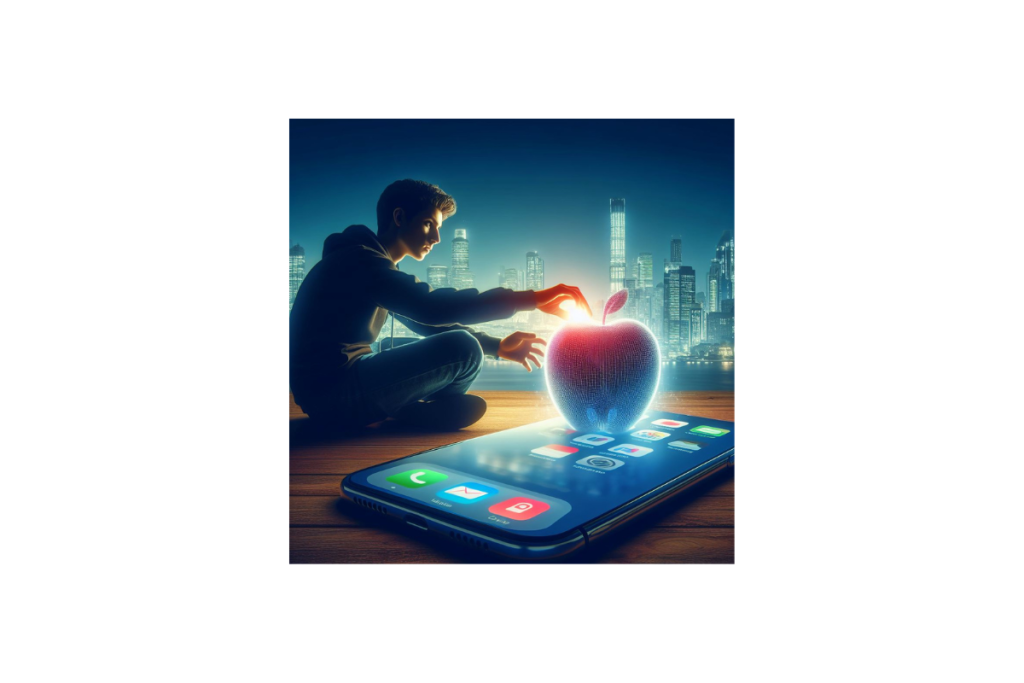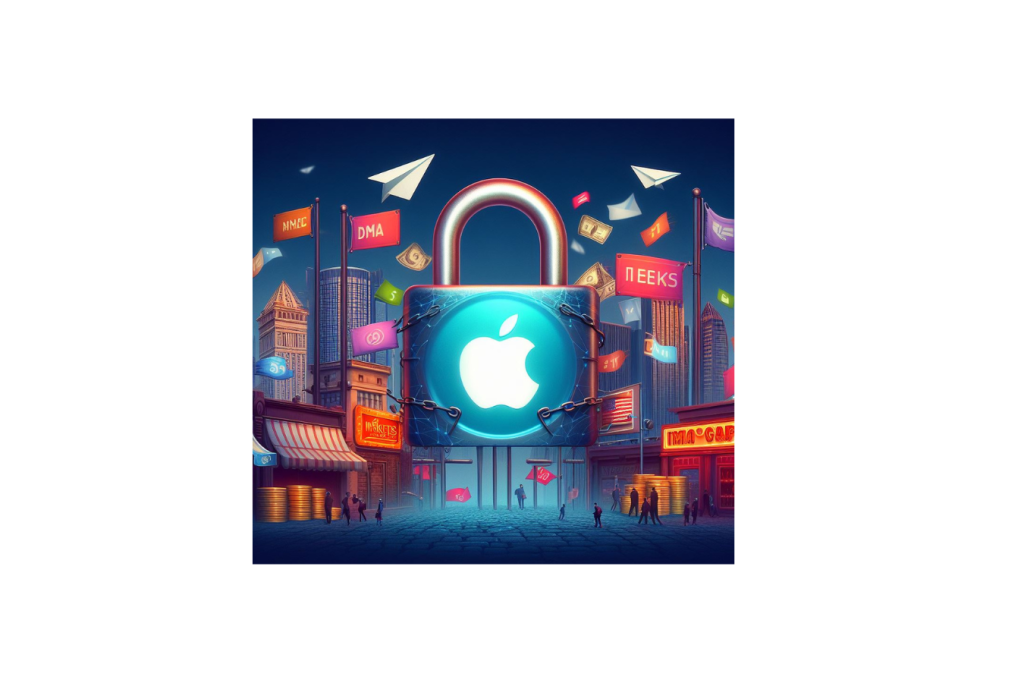Some iPhone users wish to sideload apps from third-party marketplaces. However, Apple has consistently expressed opposition to it. Stringent control measures have always characterized the iOS environment. In the context of iPhone usage, it is imperative to note that unrestricted downloading of content is not feasible.
Currently, there is talk that Apple may permit sideloading on the iPhone, but only in the 27 nations that make up the European Union. The EU’s Digital Markets Act (DMA) is purportedly compelling Apple to enable consumers to install applications from sources other than its platform. The DMA must be deployed by March 2024; therefore, Tim Cook and his colleagues had better prepare now.
Apple sideloading

However, it is essential to exercise caution and not become overly enthusiastic at this stage. Apple has consistently upheld two primary justifications for maintaining the prohibition of sideloading. Reason one: sideloaded apps may include malware or other security issues. The applications are not sourced from Apple’s authorized App Store, so they would not have undergone prior evaluation and approval. This implies an increased likelihood of a malicious application being able to illicitly access and exploit personal data or engage in other detrimental activities. Another factor to consider is that Apple has consistently maintained a 30% share of the money generated from in-app purchases on the App Store. If sideloading were legalized, app developers might distribute their software through alternative app stores, thus avoiding the “Apple Tax.”

New code, however, was recently uncovered in the iOS 17.2 beta by 9to5Mac, which may permit sideloading on iPhones. This code would authorize third-party applications to install other applications. In essence, developers now possess the capability to establish their own independent iOS application marketplace. Consider the potential implications of such a development on the app distribution market as a whole. Additionally, Apple intends to implement a region lock. Sideloading will likely be restricted to specific jurisdictions. Presumably, the 27 countries, as mentioned earlier, refer to the European Union member states.
Whether Apple will give in to the EU’s demands or find a way around them is still in the air. However, Tim Cook and his colleagues need help to sustain control over the iOS environment. Especially since there’s going to be another fight: In February, the Digital Markets Act (DMA) potentially designated iMessage as a “gatekeeper,” imposing a need on Apple to include Rich Communication Services (RCS) within their messaging application. If that happens, it’ll be one additional item to worry about – but it’ll likely only apply to EU countries.

Regardless of the outcome
the situation is poised to be intellectually stimulating. The matter of sideloading has become a prominent subject of discussion within the realm of technology. However, the outcome of sideloading on the iPhone can only be determined with time. While this may affect the European Union for the time being, it is evident that Apple is losing control of the App Store. Could this mark the commencement of a novel epoch for iOS applications? The outcome can only be determined with time.
